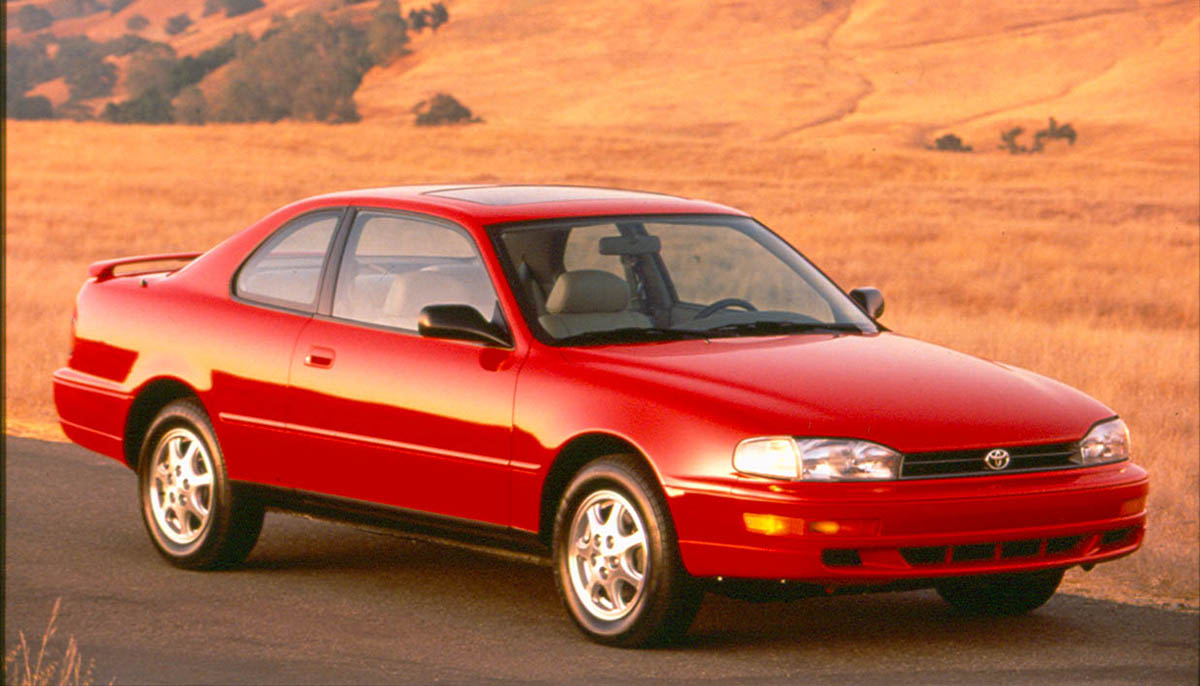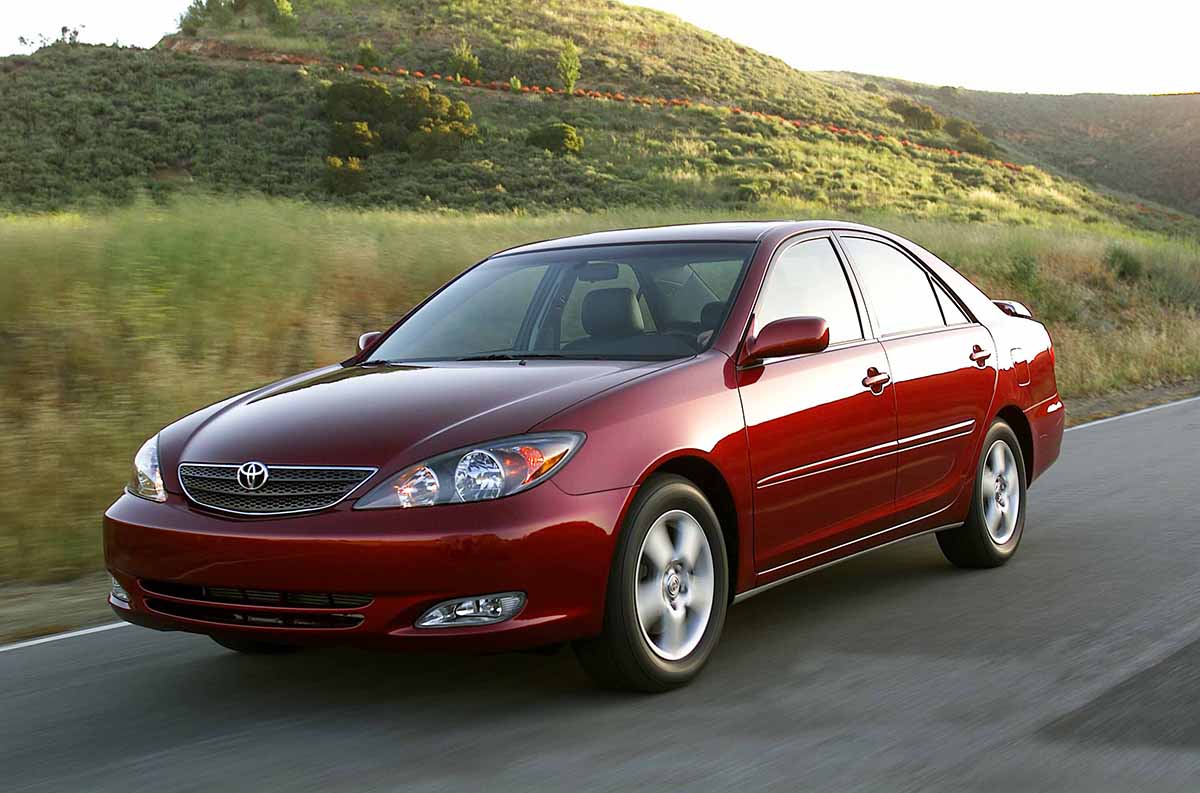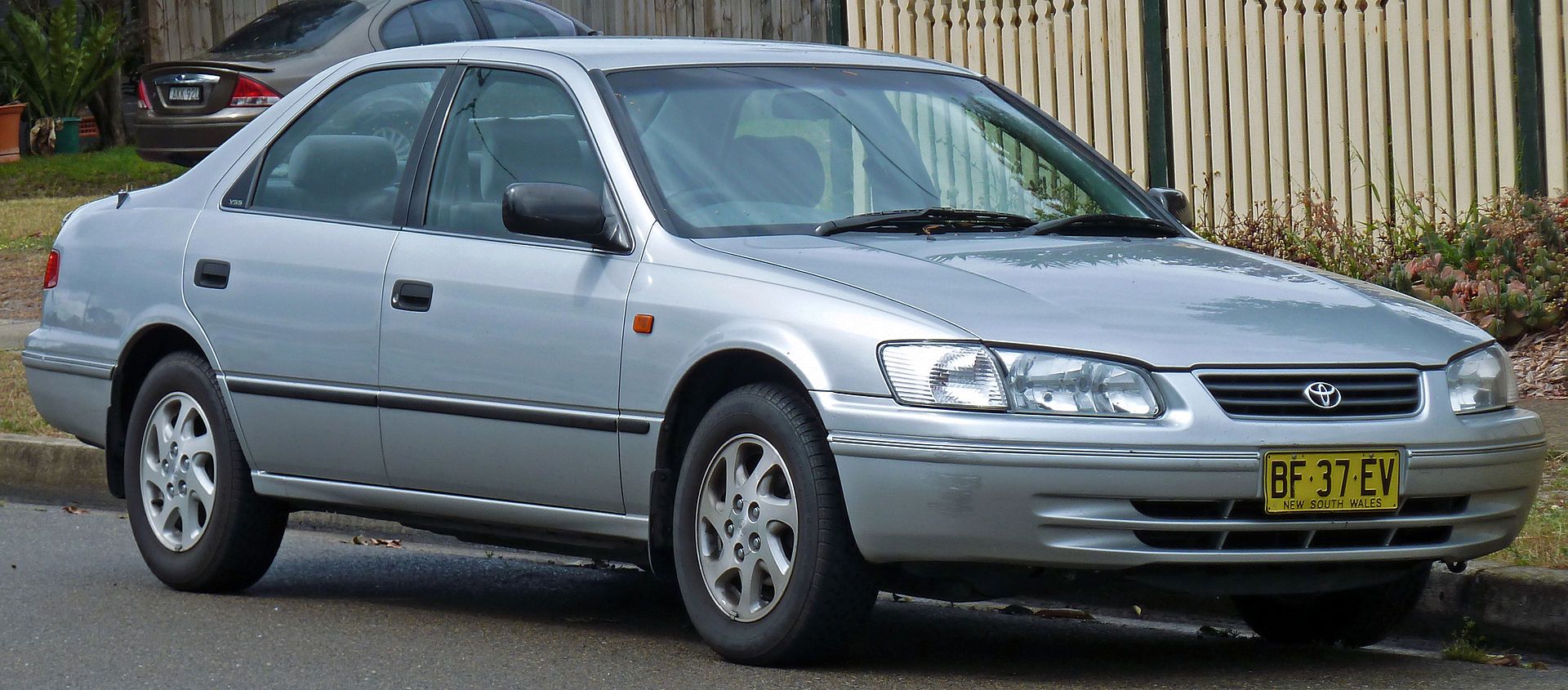The Toyota Camry: A Reliable Classic, But Beware These Years
By admin / April 23, 2024 / No Comments / 2025

The Toyota Camry: A Reliable Classic, But Beware These Years
The Toyota Camry has earned its reputation as a reliable and durable vehicle, often lauded for its longevity and low maintenance costs. However, even the most reliable cars have their weak points, and the Camry is no exception. While certain years are generally considered good, others have been plagued by specific issues that can make them a less desirable purchase. This article will delve into the specific years of the Camry to avoid, providing detailed information about the common problems associated with each year and helping you make an informed decision when buying a used Camry.
Early Generation Camrys (1983-1991): A Foundation of Reliability
The first generation of Camrys, launched in 1983, established the model’s reputation for reliability. These cars were known for their simple design, robust engines, and overall durability. While they might lack the modern features and safety standards of later models, they remain a testament to Toyota’s engineering prowess.
Second Generation Camrys (1992-1996): Refinement and Expansion
The second generation Camry saw significant improvements in terms of comfort, interior space, and engine options. However, it also introduced some early signs of potential issues.
1993-1996: Transmission Problems and Electrical Gremlins
These years saw a higher than usual number of transmission failures, particularly in the 4-speed automatic transmission. Common symptoms included slipping, rough shifting, and complete failure. Additionally, electrical problems, ranging from faulty sensors to intermittent electrical malfunctions, were reported.
Third Generation Camrys (1997-2001): A Turning Point
The third generation Camry introduced a new platform and a more modern design. It was also the first generation to feature a V6 engine option, offering more power and performance.
1997-1999: Engine Issues and Transmission Woes
While the V6 engine provided a welcome boost in power, it also brought with it some reliability concerns. Reports of engine misfires, rough idling, and premature wear on timing chains were common. The 4-speed automatic transmission continued to be a point of contention, with reports of slipping and premature failure persisting.
2000-2001: A Step Forward in Reliability
These years saw improvements in engine reliability and transmission performance. The V6 engine was refined to address the earlier issues, and the transmission was updated with a more robust design. However, minor electrical problems and suspension components still posed potential concerns.
Fourth Generation Camrys (2002-2006): A Leap in Refinement and Technology
The fourth generation Camry marked a significant step forward in terms of refinement, technology, and safety features. It also introduced a new 5-speed automatic transmission.
2002-2003: Transmission Problems and Engine Misfires
While the 5-speed automatic transmission was generally more reliable than its predecessor, early models still experienced some issues with slipping and rough shifting. Additionally, engine misfires and premature wear on timing chains continued to be reported, particularly in the V6 engine.
2004-2006: Improved Reliability and Enhanced Features
These years saw a significant improvement in overall reliability, with fewer reported issues regarding the engine and transmission. The V6 engine was further refined, and the 5-speed automatic transmission was made more robust. However, some owners reported issues with the electronic throttle control system, resulting in sluggish acceleration and occasional stalling.
Fifth Generation Camrys (2007-2011): A Milestone in Modernity
The fifth generation Camry introduced a new platform, a more modern design, and a host of new safety features. It also offered a 6-speed automatic transmission.
2007-2008: Engine Issues and Transmission Problems
The V6 engine continued to be plagued by occasional misfires and premature wear on timing chains. Additionally, the 6-speed automatic transmission experienced some issues with rough shifting and delayed engagement.
2009-2011: Improved Reliability and Enhanced Features
Toyota addressed the issues with the engine and transmission, resulting in a more reliable and refined driving experience. However, some owners reported issues with the electronic throttle control system, leading to occasional hesitation and sluggish acceleration.
Sixth Generation Camrys (2012-2017): A Continued Legacy of Reliability
The sixth generation Camry saw further improvements in design, technology, and safety. It also introduced a new 8-speed automatic transmission.
2012-2014: Early Transmission Issues and Electrical Problems
The 8-speed automatic transmission, while generally reliable, experienced some early issues with rough shifting and delayed engagement. Additionally, some owners reported electrical problems, including issues with the infotainment system and the electronic power steering system.
2015-2017: Improved Reliability and Enhanced Features
Toyota addressed the issues with the transmission and electrical system, resulting in a more reliable and refined driving experience. However, some owners reported issues with the suspension system, leading to premature wear on the struts and shocks.
Seventh Generation Camrys (2018-Present): A New Era of Innovation
The seventh generation Camry features a completely redesigned platform, a more modern design, and a host of new technology features. It also offers a new 8-speed automatic transmission.
2018-2020: Early Transmission Issues and Infotainment Glitches
The 8-speed automatic transmission, while generally reliable, experienced some early issues with rough shifting and delayed engagement. Additionally, some owners reported glitches with the infotainment system, including touchscreen responsiveness and connectivity issues.
2021-Present: Improved Reliability and Enhanced Features
Toyota has addressed the issues with the transmission and infotainment system, resulting in a more reliable and refined driving experience. However, some owners reported issues with the suspension system, leading to premature wear on the struts and shocks.
Conclusion: Navigating the Camry’s History of Reliability
While the Toyota Camry is generally considered a reliable and durable vehicle, certain years have been plagued by specific issues that can make them a less desirable purchase. It’s crucial to research the specific year and model you’re considering and be aware of potential problems.
By carefully considering the known issues associated with different Camry years, you can make an informed decision and avoid potential headaches down the road. Remember, proper maintenance and regular inspections can help mitigate many of these issues and ensure a longer and more enjoyable ownership experience.
Key Takeaways:
- Early generations (1983-1991): Generally reliable, but lack modern features and safety standards.
- Second generation (1992-1996): Transmission and electrical issues common, especially in 1993-1996 models.
- Third generation (1997-2001): Engine and transmission issues prevalent, particularly in 1997-1999 models.
- Fourth generation (2002-2006): Improved reliability, but transmission and throttle control problems persisted in early models.
- Fifth generation (2007-2011): Engine and transmission issues in early models, but improved reliability in later years.
- Sixth generation (2012-2017): Early transmission and electrical issues, but improved reliability in later years.
- Seventh generation (2018-Present): Early transmission and infotainment issues, but improved reliability in later years.
By carefully researching and considering these factors, you can make an informed decision and choose the Toyota Camry that best suits your needs and budget. Remember, a little due diligence can go a long way in ensuring a smooth and enjoyable ownership experience.






